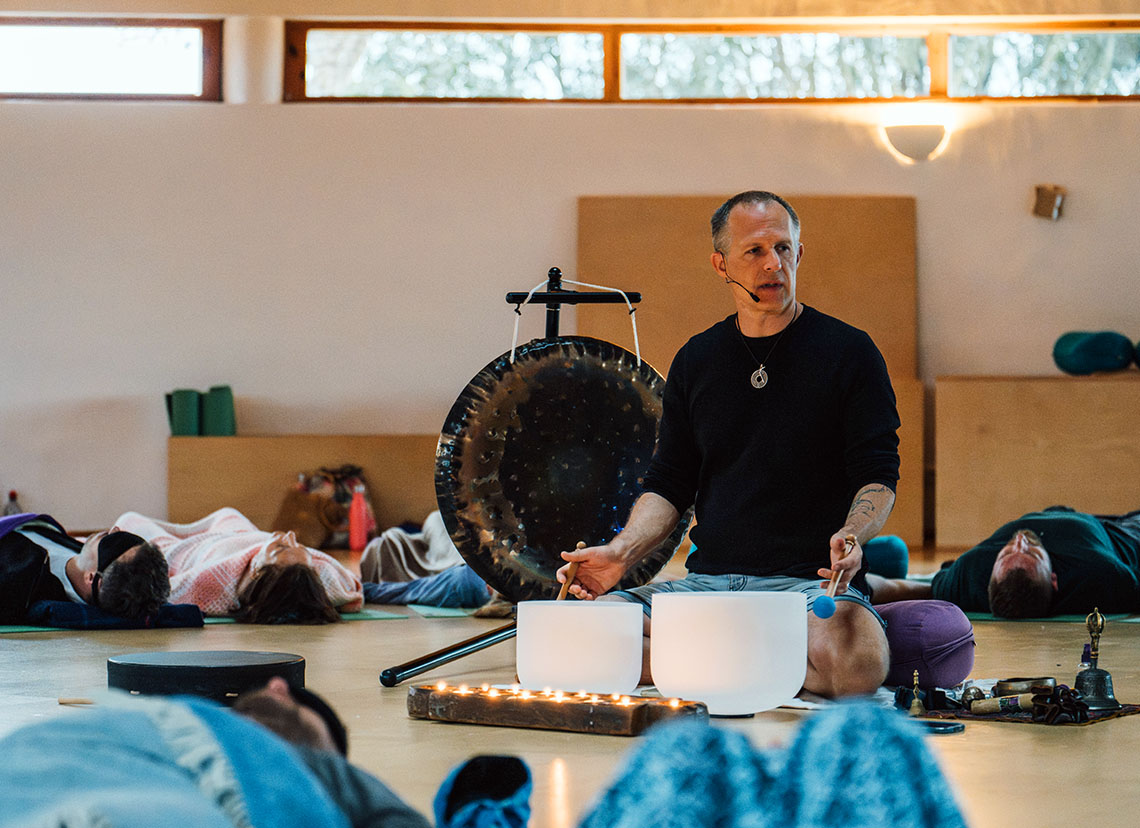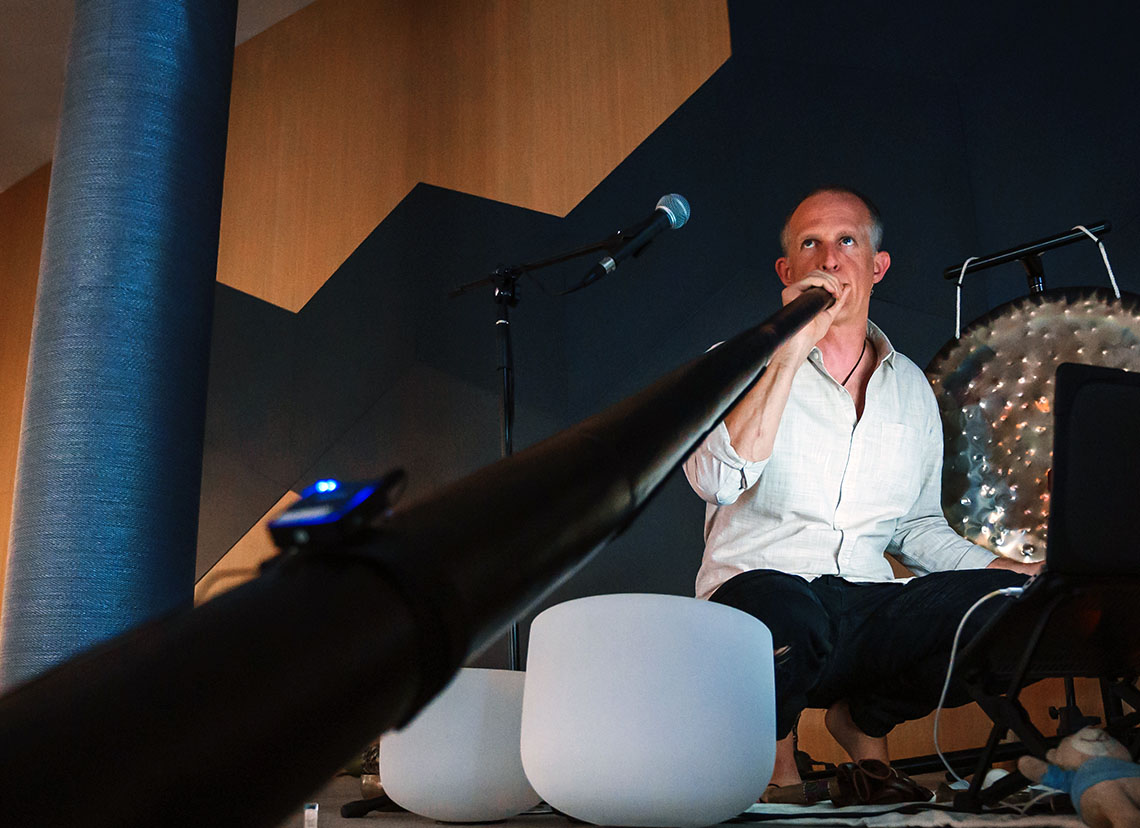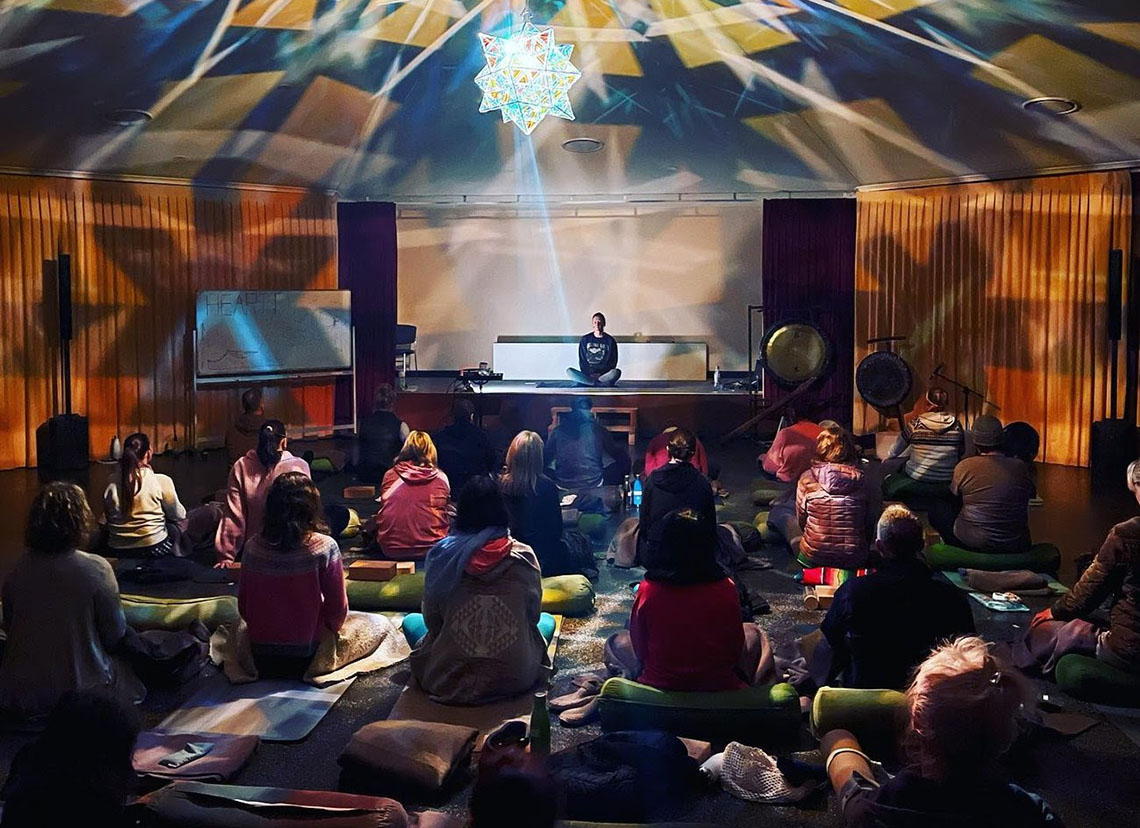Stop rushing to do things on other people’s timelines. Moving at your own pace embodies high self-worth and an abundance mindset.
Finishing tasks at work by the end of business, achieving a fitness goal with a six week training program, or landing your dream job by a certain age…
These are all ways we rush through life, desperate to reach the finish line because we live in a society that values outcomes over the process.
But here’s the thing, trying to accomplish things according to other people’s timelines doesn’t work because it shows you’re living from a place of lack (never enough time) rather than abundance.
When we learn to move at our own pace and, more importantly, be okay with taking things slow, we can enjoy this wonderful journey that is life a whole lot more.
The problem with being outcome focused:
When all we care about is reaching an outcome, we’re missing out on the best parts of life. Being outcome-focused is being future-focused, and being future-focused is what throws our bodies into panic mode. Future-oriented thought patterns, rumination and fixation are closely linked to anxiety and mood disorders.
Living for the future stops us from being present and can sometimes keep us trapped in unpleasant situations. Think about it like this…
You’re striving to succeed in your career. You have plans to get promoted and earn a certain amount in the next two years. You believe that once you achieve that, your life will be complete. You’ll be able to afford a nicer place, expensive meals and a new car. That’s when you’ll be happy. Constantly fantasising about the dream life you’ll one day live gets you through the day because your present is bleak. You don’t like your job, you’re stressed all the time, working long hours, fatigued, burning out. But you ignore all of that because you were programmed to believe a career and monetary success defines a person.
That’s no way to live.
When we acknowledge that the present is the only time that exists, we can set ourselves free. Timelines no longer matter because we make decisions according to what feels right for us now. We stop doing things that make us miserable in hopes we will one day be happy. We make ourselves happy in the present.
Extrinsic vs intrinsic motivation
When we are striving for outcomes according to other people’s timelines, it’s generally because we’re extrinsically motivated to do so. Being extrinsically motivated emulates low self-worth. When we live in alignment with our authentic desires, we’re being intrinsically motivated instead.
Extrinsic motivation
You’re motivated to do something in order to gain an external reward (eg. money) or avoid punishment (eg. detention). Your goal is focused on an outcome and does not satisfy your basic psychological needs. Rather, it involves external gains such as money, power, fame, and avoids consequences such as burnout, poor health, damaged relationships. When you are extrinsically motivated, you will perform a behaviour not because you enjoy it or find it satisfying, but because you expect to get something in return or avoid something unpleasant.
Examples include:
- Studying to get a good grade
- Taking a job that pays well
- Posting on social media for “likes”
- Exercising to improve appearance
Intrinsic motivation
You are motivated to do something because it is internally rewarding. You choose to do it because it’s fun, enjoyable and satisfying. Your goal comes from within and the outcomes of your goal satisfy your basic psychological needs for autonomy, competence and relatedness. When you are intrinsically motivated, you are performing a behaviour for your own sake rather than from the desire for some external reward. The behaviour itself is its own reward.
Examples include:
- Studying because you’re fascinated by a topic
- Taking a job that is fulfilling
- Posting on social media to share an important message
- Exercising to feel energised and healthy
The overjustification effect: how it reduces motivation
The overjustification effect is a phenomenon in which being rewarded for doing something actually diminishes intrinsic motivation to perform that action.
Research shows that when extrinsic rewards (eg. money and prizes) are given for actions that people already find intrinsically rewarding, they will become less internally motivated to pursue those activities in the future.
Why? One theory suggests it’s because we tend to pay more attention to external rewards rather than our own enjoyment of the activity.
What type of motivation is better?
Extrinsic motivation is not always a bad thing. It can help us complete tasks that are essential to our health and wellbeing even though we find them unpleasant. That being said, the higher your self-worth and inner peace, the more you will act from a place of intrinsic motivation and the happier you will be.
Enjoying the process
This is what the good life is all about. When we accept that life is a journey and get off the hedonic treadmill.
If we’ve learned one thing on our own journeys, it’s to take things slower, live for the present and enjoy where you are in this very moment.
That’s how you can avoid getting caught up in the chaos of life and stop to enjoy it.




